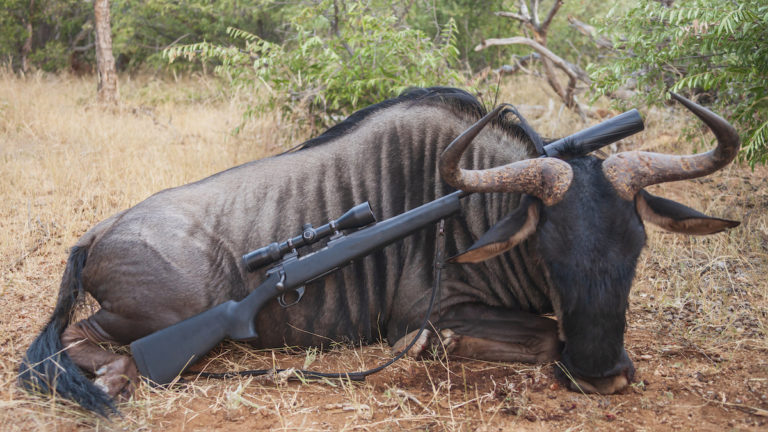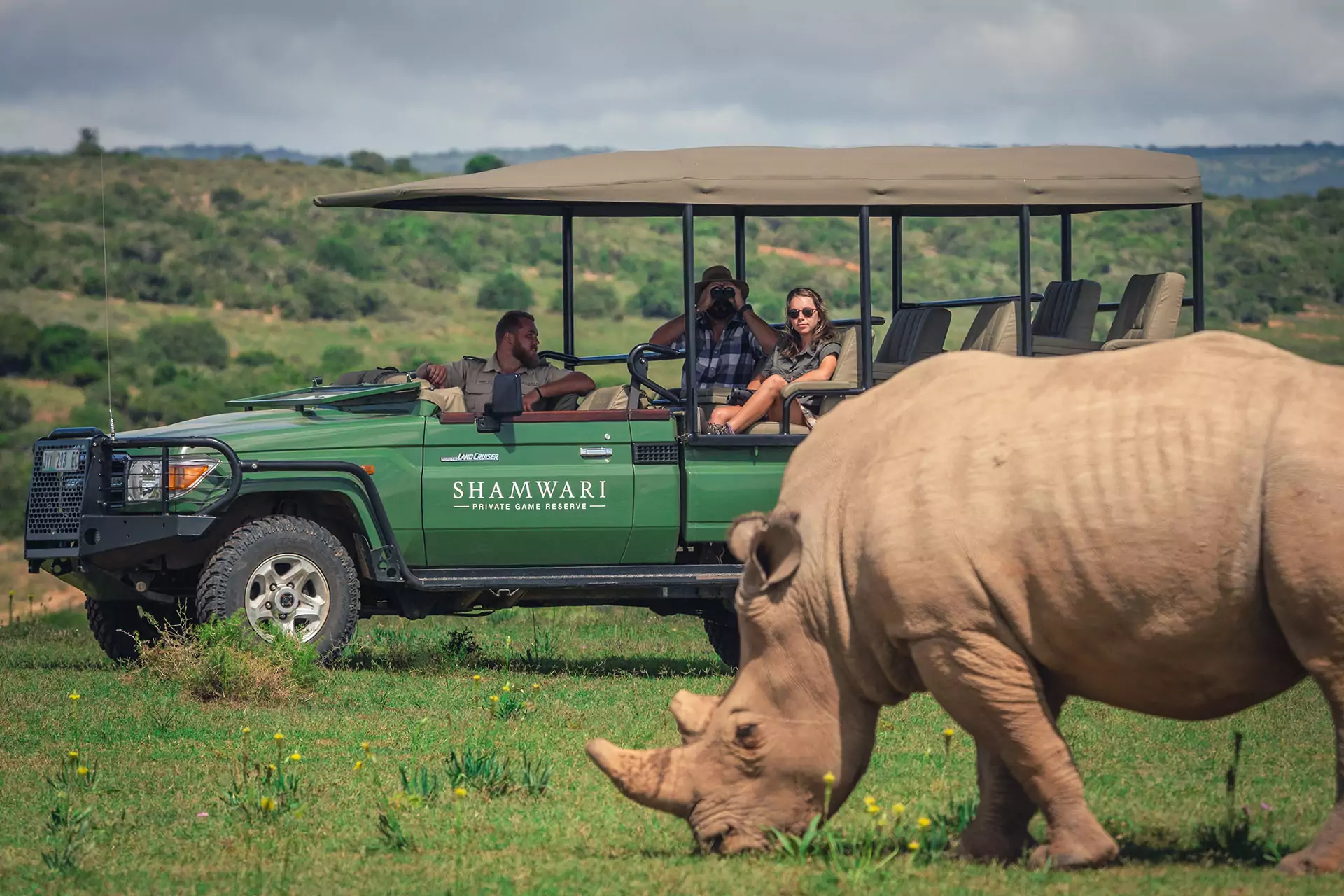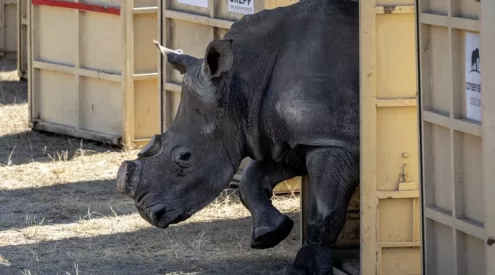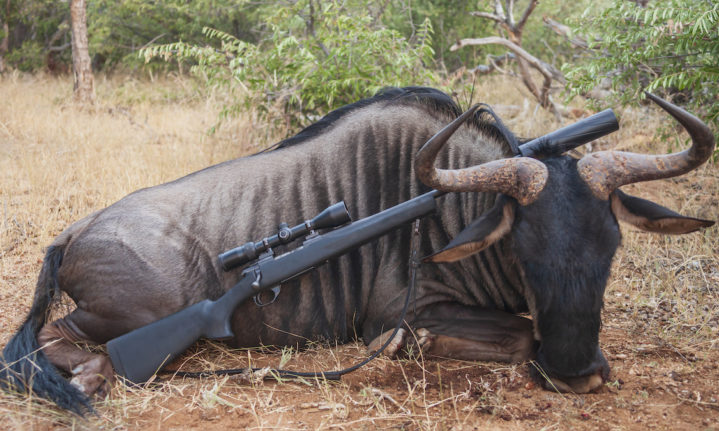The United Kingdom’s House of Commons past a bill banning the import of hunting trophies on Friday, 17 March.
The bill will now move to the House of Lords,’ parliament’s upper chamber, for approval. Once approved, the bill will ban the ‘import of hunting trophies from about 6 000 species of conservation concern,’ reported Mail&Guardian.
It has been met with joy by animal welfare campaigners who believe trophy hunting is cruel and pushes endangered species closer to extinction. However, conservation groups throughout southern Africa denounced the ban, saying it is ‘another way of recolonising Africa that will undermine rural livelihoods and threaten wildlife.’

The Benefits
Animal welfare campaigners support this bill as they believe the trophy hunting industry is cruel and wasteful, reported News24.
According to the World Wildlife Fund, wildlife numbers have fallen by 66% since 1970, and many believe that trophy hunting only contributes to those statistics.
In support of the bill, the founder of the Campaign to Ban Trophy Hunting, Eduardo Goncalves, asked, ‘Can anyone tell me a better definition of colonialism than white people flying to Africa and saying, ‘I’m going to shoot these animals for fun, it’s my right to do so?’
Further support came from avid environmentalist Ian Khama, who believes hunting is not sustainable. This is especially the case when poaching is not controlled.
The British parliamentarians aim to support a future ‘based on harmonious co-existence and compassion’ between humans and wildlife. They also believe that ecotourism is the industry that brings in the biggest revenue and employs the most people.

The Disadvantages
High commissions of South Africa, Botswana, Zambia, and Namibia released a joint statement advocating sustainable hunting in Africa.
‘What advocates for a UK ban on the importation of hunting trophies should appreciate is that hunting in Africa, when practised sustainable, feeds families, puts children through school, funds anti-poaching units, and, ultimately, secures the long-term viability of the habitats and species we all care about so much.
In countries like Namibia, hunting mostly occurs on private farmlands and offers farmers an ‘incentive to live alongside disruptive animals.’ By disallowing trophy hunting, revenge killings will grow, and farming communities will have no reason to sustainably care for and manage wildlife.
Furthermore, trophy hunting is a legal way to manage wildlife and ‘control populations within the carrying capacities of their different ecosystems.
The Ban
Reuters reported that government environment department minister, Trudy Harrison, believes that it is ‘time for a change.’ She believes this will send a strong message to the rest of the world to follow suit, something conservationists and African governments fear.
She is quoted as saying, ‘I do recognise that some of the income from trophy hunting has contributed towards the protection of habitat and the prevention of poaching, but to bring (back) the body parts of endangered species… is not the way forward.’
Pictures: GettyImages
Follow us on social media for more travel news, inspiration, and guides. You can also tag us to be featured.
TikTok | Instagram | Facebook | Twitter
ALSO READ: ‘Africa’s most photogenic lion’ killed in rival war


















